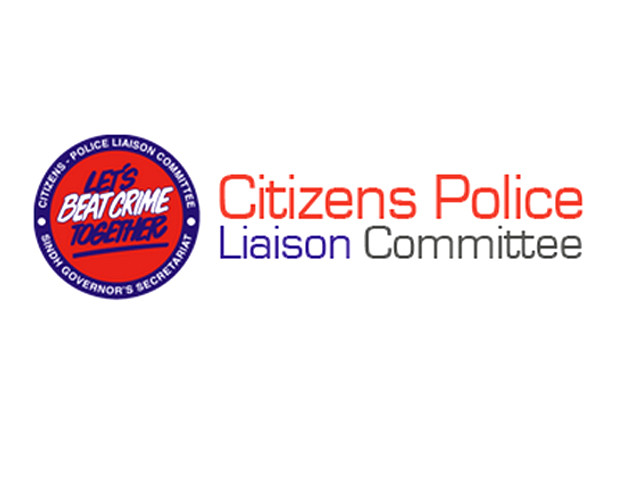CPLC – a bridge between people and law enforcers
It was meant to be a non-political institution that would be managed independently by citizens

The CPLC, a brainchild of the then Sindh governor Justice (retd) Fakhruddin G Ibrahim, was meant to be a non-political institution that would be managed independently by citizens. PHOTO: CPLC
The Citizens-Police Liaison Committee (CPLC) was set up in September 1999 to act as a bridge between the citizens and the law enforcement agencies (LEAs). Its inception came about at a time when the morale of the LEAs and the citizens was at an all-time low due to the precarious law and order situation in Karachi. Two decades on, the ideals that the patrons had in mind have been perceptively set aside.
The CPLC, a brainchild of the then Sindh governor Justice (retd) Fakhruddin G Ibrahim, was meant to be a non-political institution that would be managed independently by citizens. Somewhere along the way, politics crept in and has been dominating its functions ever since.
One of its primary functions was to help people register FIRs in case the police refuse to do so. Later, when kidnappings started taking place frequently, the CPLC started helping out in such cases. It further branched out to dealing with cases of extortion and vehicle lifting as well as maintaining data of crime, prisoners and stolen vehicles. "It was really a tough job to win the trust of the citizens in those days," recalled a former chief of the CPLC, Jamil Yousuf, adding that they succeeded by working day and night for the committee.
According to Yousuf, the controversies around CPLC began after he left. "Why did Sharfuddin Memon (the third CPLC chief appointed in 2003) arrange a dinner for politicians?" asked Yousuf, referring to a dinner Memon threw for the Sindh governor and others. Memon later joined the Pakistan Peoples Party and started working as an adviser in the home department.
After him, Ahmed Chinoy was appointed as the CPLC chief in March 2010. "Why did Chinoy gave an advertisement in the media congratulating the governor for completing 10 years?" Yousuf asked again. "This is not the CPLC's job."
Chinoy was also accused by the Sindh home minister, Zulfiqar Mirza, in August 2011 for holding an important position in the Muttahida Qaumi Movement's welfare wing, Khidmat-e-Khalq Foundation. Yousuf was of the opinion that Chinoy should have resigned the day Mirza accused him of having political affiliations. "Why was there a conflict between Chinoy and Ansar Burney over the amount needed to release the hostages from the Somali pirates' captivity? Why did some CPLC officials leave and join the Rangers?" To answer all these questions, Yousuf felt there should be an independent inquiry.
The committee should be revamped and the officials should be reshuffled, suggested other former employees. "The recent incident between the CPLC and the Rangers Special Taskforce was the beginning," said the first CPLC chief, Nazim Haji. For Haji, the problem is the politicisation of the committee. "I think the CPLC should quit resolving issues, such as kidnappings, extortion and vehicles lifting and, once again, stand where it was in the beginning if it does not want to lose the citizens' trust even further."
Published in The Express Tribune, February 4th, 2015.



















COMMENTS
Comments are moderated and generally will be posted if they are on-topic and not abusive.
For more information, please see our Comments FAQ